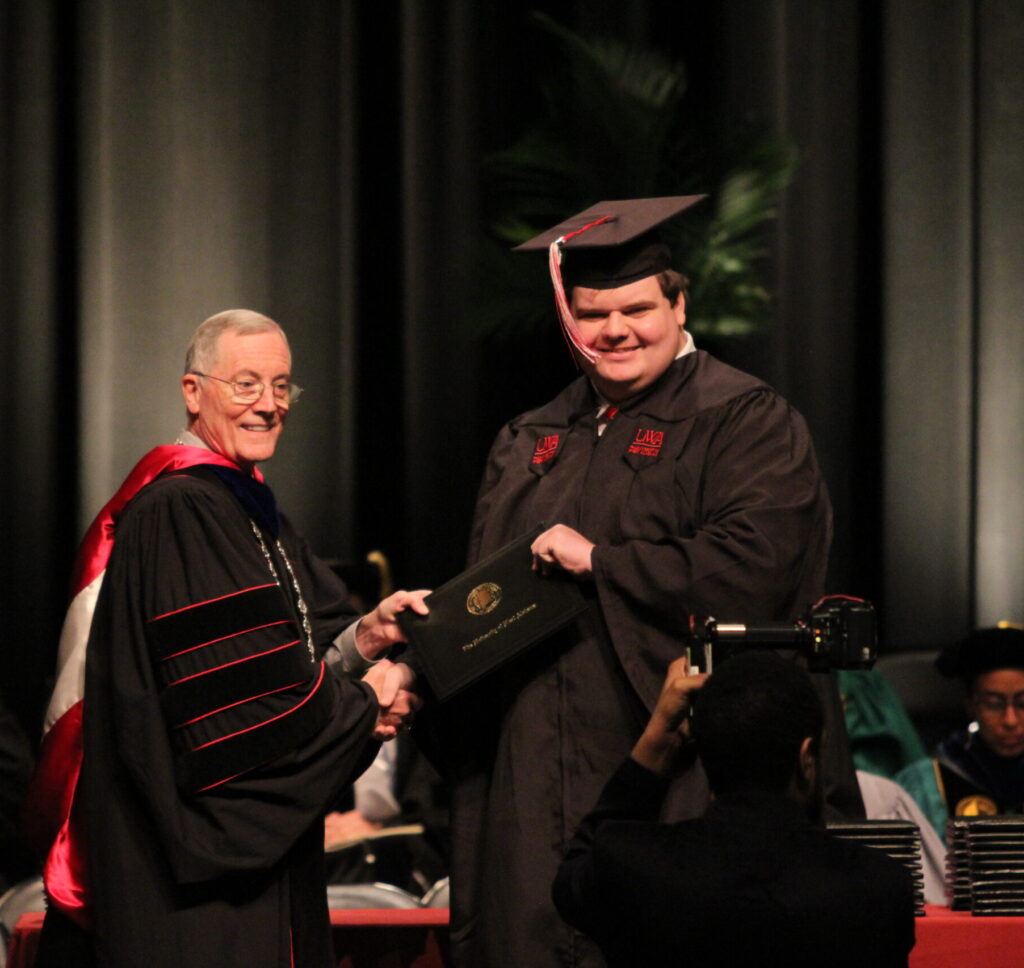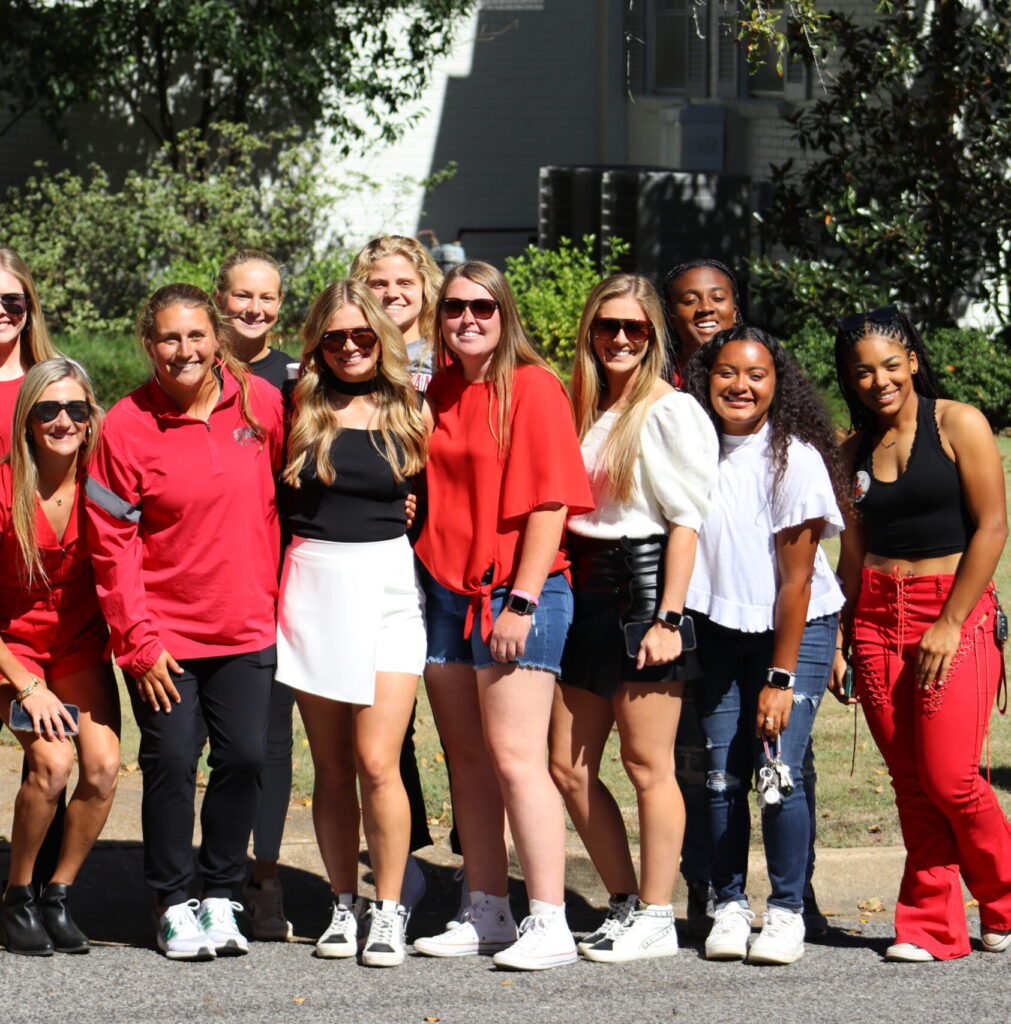Use of the library and methods of literature search including computer access of literature databases. May be repeated for a maximum of three semester hour credit. Prerequisites: BY212 or BY222.
The Bachelor of Biology (BA/BS) degree is geared toward students whose interests lie within more than one field, as they can major in biology and have a minor in disciplines such as Chemistry, Psychology, Physical Education and more.
Our graduates have gone on to pursue graduate study in Biological Sciences, Medicine, Dentistry and Pharmacology, and others have found jobs in Pharmaceutical and Biotechnology companies.
Visit the Academic Catalog for information regarding program admission requirements, prerequisites, course offerings and more.
Available as a Minor
Learn about the Minor in BiologyProgram Facts
Program Format
On Campus
Start Term
Spring, Summer and Fall semesters
Tuition Cost
Number of Credits
120 hours
Academic Calendars
Request More Information
Sample Courses
BY308 Seminar in Biology
1 Credits
BY340 Microbiology
4 Credits
Concepts and techniques relating to the morphology, taxonomy, physiology, and culture methods of microbes, with emphasis on those of special importance to humans. Three lecture hours and three laboratory hours per week. Prerequisite: BY103 or BY104.
BY380 Genetics
4 Credits
Basic principles of heredity and their significance. Three lecture and three laboratory hours per week. Prerequisites: BY212, BY222 and CH111.
Similar Programs
Cell and Molecular Biology
Available in Major
Chemistry
Available in Major / Minor
Environmental Sciences
Available in Major / Minor
Suggested Minors
Biology
Available in Major / Minor
Environmental Sciences
Available in Major / Minor
Physics
Available in Minor
Career Outlook
Students who choose biological sciences are well prepared for admission into medical, dental, veterinary, physical therapy, or physician’s assistant graduate programs, Pharmaceutical Research and Sales, Biomedical Technology, Clinical Laboratory or Research Technology, Biotechnology Research and Forensic Science/Criminal Science.




Financial Aid & Scholarships
Financial aid and scholarships provide invaluable opportunities for students to pursue higher education and achieve their academic goals. Financial aid encompasses various forms of assistance, including grants and fellowships, loans, work-study programs and scholarships. Financial aid and scholarships alleviate the financial burden of tuition fees, textbooks and living expenses, making higher education more accessible to students from diverse backgrounds. By supporting students’ financial needs, universities foster a culture of inclusivity, equal opportunity and lifelong learning.
Hear From Our Alumni
“I liked that UWA was a smaller school, and I loved the Biology Department. The University of West Alabama felt very welcoming and there were a lot of classes offered within the biology major. I had field-based classes, I went on a week-long camping trip in the mountains with one of my classes, I went to Florida with my Subtropical Ecology class and we went from North Florida all the way down to the Keys. That was one of my favorite memories at UWA. I was very active in Beta Beta Beta, where I had a lot of friends. Livingston was a really good area for people who enjoy the outdoors. There was a lot of public land and a river nearby, so we would have impromptu fishing trips,which was fun. Toward the end of my biology degree, I realized that I really enjoyed research. I stayed at UWA to get my master's degree. I got the chance to go to Russia twice for research. That was one of the coolest experiences of my entire life. I want to stay in academia. I really like the freedom of being able to generate my own research ideas and pursue them.”
Joshua "Josh" David Millwood, Class of 2016

Frequently Asked Questions
Are you a prospective student or visitor looking for information quickly and efficiently? The frequently asked questions (FAQ) section on the university’s website answers common inquiries about admissions, tuition, programs, campus facilities and more.